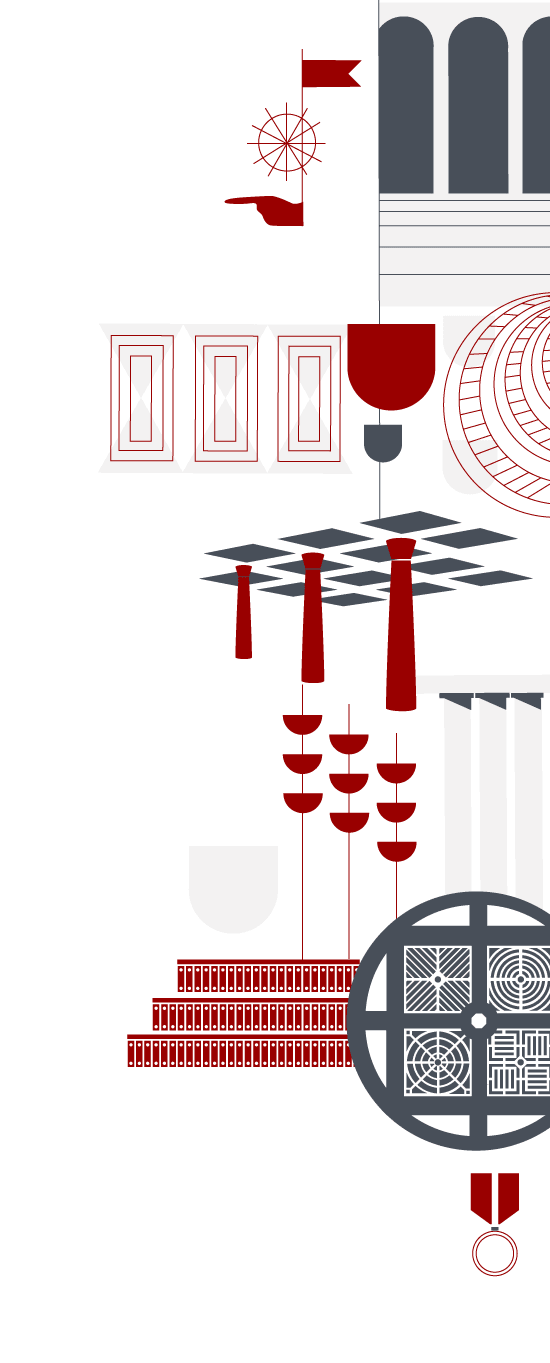
University of Padua
The University of Padua is one of Europe’s oldest and most prestigious seats of learning. As a multi-disciplinary institute of higher education, the University aims to provide its students with professional training and a solid cultural background. The qualification received from the University of Padua act as a symbol of the ambitious objectives respected and coveted by both students and employers alike.
Founded in 1222, Padua’s Studium Patavinum was a place of study that readily welcomed Italian students and scholars, as well as those from various European countries searching for cultural freedom and expression. This freedom continues to define and express the essence of the University through its motto as Universa universis patavina libertas.
Intertwined within the story of the University of Padua are the many illustrious figures who lived, studied and taught in this city. Such famous names included those who have changed the cultural and scientific history of humanity, from Copernicus to Vesalius, Galileo, to William Harvey, to the more modern Tullio Levi-Civita, Concetto Marchesi, Giuseppe ‘Bepi’ Colombo and many others.
The University of Padua has been a proud pioneer of several endeavours, including the first university botanical garden in the world founded in 1545 that now holds its status as a UNESCO World Heritage Site. In 1594, the first permanent anatomical theatre was inaugurated, and in 1678, Elena Lucrezia Cornaro becomes the first woman in the world to receive a Doctor of Philosophy degree.
Still today, the University of Padua holds some impressive numbers.
With over 70,000 students (over 7,000 international students) and 2,200 teaching staff within its 32 departments, and 8 schools, the University also employees over 2,400 technical administrators. Accrediting more than 13,000 graduates each year, awarding 5,000 scholarships, and brandishing over 2 million books available throughout its 29 libraries. The University continues to transform its level of excellence in education by offering a vast range of degree programs. Including over 100 bachelor and master degree programs, 10 single-cycle degree programs, almost 100 master degree programs, more than 20 advanced programs, and over 10 specialized training courses. The University includes over 60 specialization schools and 40 PhD schools.
For some time now, The University of Padua has enjoyed a high-ranking position in both Italian and international ranking agencies for its quality of teaching, research activities and student services. Confirming results include the number of works held in its scientific research archive, a cutting-edge sector that added 13,000 publications and hundreds of active projects during the 2020/2021 academic year alone.
The University of Padua is an institution that looks to the future with an increasingly international and innovative approach. Building on a long tradition and strong relationships with numerous institutions, organizations, and foreign universities, the University of Padua is a member of international networks and participates in research and education projects that involve students and faculty from all over the world.



